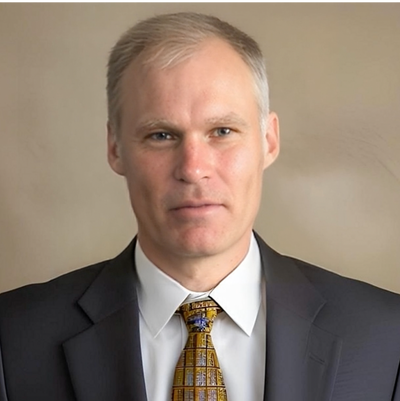
Connects decision-makers and solutions creators to what's next in quantum computing
Supercomputing Sites to Get Europe-Made Quantum ComputersSupercomputing Sites to Get Europe-Made Quantum Computers
Quantum computers will be installed in Czechia, Germany, Spain, France, Italy and Poland
October 12, 2022

The European High-Performance Computing Joint Undertaking (EuroHPC JU) has selected Czechia, Germany, Spain, France, Italy and Poland to install quantum computers produced in Europe in 2023. It follows the organization’s call for proposals from European supercomputing centers to host and operate quantum computers at their facility, issued in March 2022.
The project intends to use only European technology and will be funded through investments from EU-funded quantum initiatives, national research programs, and private investments.
The EuroHPC JU plans to integrate these quantum computers into each facility’s supercomputers with the expectation that the hosting entity will operate them on their behalf. The total budget for the project is $97 million (€100 million), with the EuroHPC JU co-funding up to half the total cost of the quantum computers. The participating state must pay much of the remaining balance.
“This is an example of a European project par excellence. With pooled resources and know-how, we can take leadership in a field that is essential for the future of our digital society,” said executive vice–president of the EU’s Europe Fit for the Digital Age committee, Margrethe Vestager.
“This contributes to our fight against climate change. And it is an essential step of the vision of deploying in Europe a world-class supercomputing and quantum computing infrastructure accessible across the EU.”
The EuroHPC JU seeks to supercharge European R&D to meet the needs of industry, the public sector and the scientific community. Consequently, the initiative selected a variety of facilities to ensure that a diversity of quantum technologies and architectures were accessible to European users.
The EuroHPC JU aims to solve hard-to-compute problems with industrial, scientific and societal relevance for Europe. Examples include improving protein folding calculations to facilitate drug discovery and optimizing supply chain routes to minimize fuel costs. Integrating quantum computing into high-performance computing applications strongly supports the development of this goal.
Although the Joint Undertaking is finalizing financing plans for all six projects, 17 EU states will contribute to the quantum initiative.
About the Author
You May Also Like






